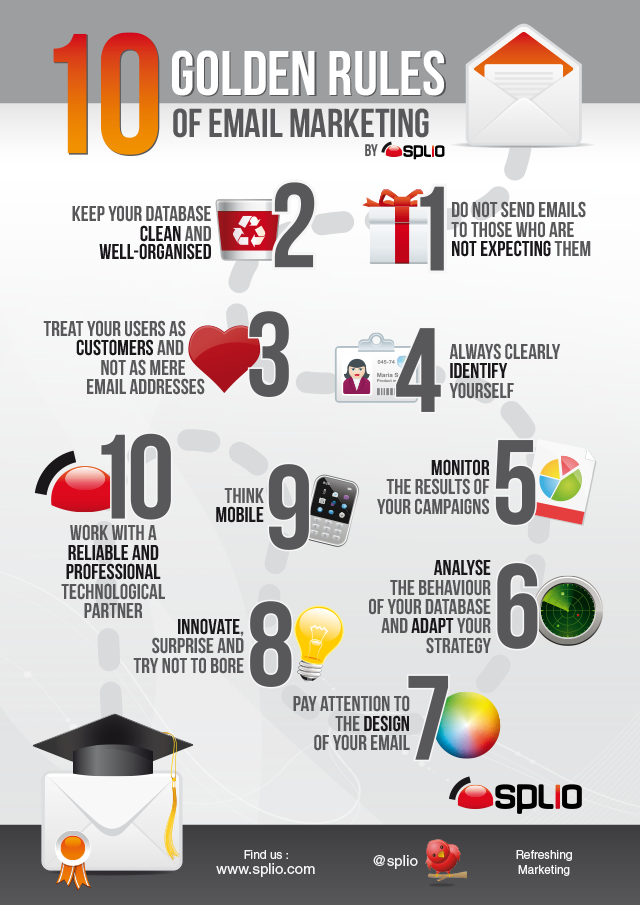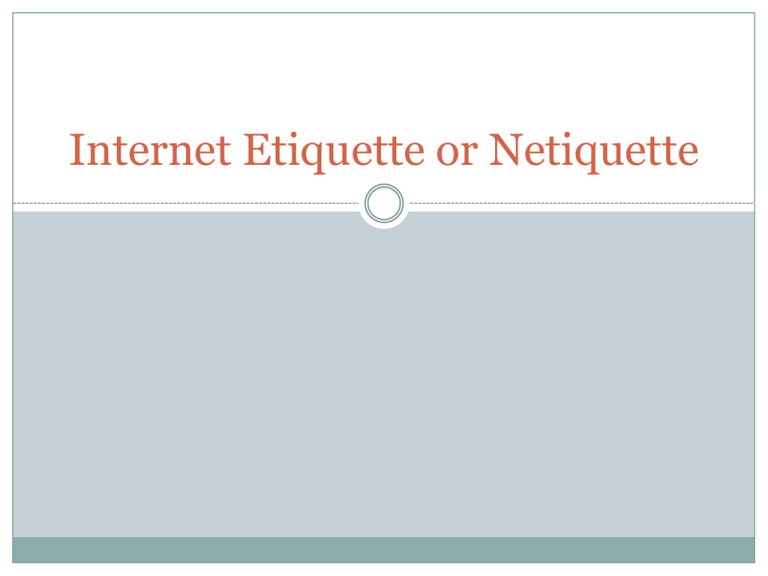Club purchase that comes with rules of etiquette crossword
Located in the heart of Oklahoma City, Fence OKC proudly serves a broad spectrum of areas, ensuring every corner of our community benefits from top-tier fencing solutions casino betsoft bonus sans depot. We’ve got you covered whether you’re near or a bit further out.
Understanding and adhering to residential fence etiquette is essential for maintaining good relationships with your neighbors and complying with local regulations. By knowing your property lines, checking local zoning laws, communicating with your neighbors, choosing the right fence, and maintaining it properly, you can ensure a smooth and successful fencing project.
Even if the fence is entirely on your property and thus your property, always discuss changes with your neighbors before doing anything to a fence. They don’t own it, but they will appreciate having the opportunity to make you aware of any unforeseen impact your plans might have on them.
If your fence is on your property, it’s your responsibility to keep both sides clean and in good repair. That includes trimming overgrown plants, cleaning mildew, and fixing broken boards or leaning sections.
Lifehacker is a federally registered trademark of Ziff Davis and may not be used by third parties without explicit permission. The display of third-party trademarks and trade names on this site does not necessarily indicate any affiliation or the endorsement of Lifehacker. If you click an affiliate link and buy a product or service, we may be paid a fee by that merchant.
10 golden rules of email etiquette
It is necessary to understand that emails are not confidential. Whether it is about sharing confidential information or writing something that you don’t want to share publicly, you need to stay careful with emails.
Ideally, and this goes without saying, your email should be as simple as possible. Even if you have a good vocabulary and an amazing grasp of the language, most of your users might not understand big words, complex idioms, or jargon..

It is necessary to understand that emails are not confidential. Whether it is about sharing confidential information or writing something that you don’t want to share publicly, you need to stay careful with emails.
Ideally, and this goes without saying, your email should be as simple as possible. Even if you have a good vocabulary and an amazing grasp of the language, most of your users might not understand big words, complex idioms, or jargon..
Ensuring correct spelling of the recipient’s name, avoiding spelling errors, using simple sentence structures, and maintaining proper capitalization and punctuation are crucial for maintaining professionalism and credibility in your emails.
While sending out bulk emails, CC is not the right route. A lot of professionals send CC emails to a lot of people, which reveals the identity of everyone on the list. Further, when you use the “reply all” option, the conversation often becomes disoriented.
10 rules of online etiquette
“At the core, all of these mistakes come down to forgetting that an online classroom is still a classroom,” Lynch says. “Good netiquette means conducting yourself in an online class with the same respect, politeness and professionalism that you would exhibit in a real-life classroom.”
It all happened so fast: In a just under two decades, we’ve learned to communicate online—through texting etiquette, email etiquette and social platforms. From sharing family photos with faraway relatives to making professional connections and commenting on political or social issues you’re passionate about, the online world is an open forum for sharing. And if you’ve ever seen online acquaintances duke it out in the comment section or cringed at old Instagram photos that haunt you before a job interview, you know that with advantages come etiquette pitfalls. Enter netiquette: your guide to an online life that you can feel good about, no emotional hangover necessary.
Amy Morin, LCSW, is a psychotherapist and international bestselling author. Her books, including “13 Things Mentally Strong People Don’t Do,” have been translated into more than 40 languages. Her TEDx talk, “The Secret of Becoming Mentally Strong,” is one of the most viewed talks of all time.

“At the core, all of these mistakes come down to forgetting that an online classroom is still a classroom,” Lynch says. “Good netiquette means conducting yourself in an online class with the same respect, politeness and professionalism that you would exhibit in a real-life classroom.”
It all happened so fast: In a just under two decades, we’ve learned to communicate online—through texting etiquette, email etiquette and social platforms. From sharing family photos with faraway relatives to making professional connections and commenting on political or social issues you’re passionate about, the online world is an open forum for sharing. And if you’ve ever seen online acquaintances duke it out in the comment section or cringed at old Instagram photos that haunt you before a job interview, you know that with advantages come etiquette pitfalls. Enter netiquette: your guide to an online life that you can feel good about, no emotional hangover necessary.
Amy Morin, LCSW, is a psychotherapist and international bestselling author. Her books, including “13 Things Mentally Strong People Don’t Do,” have been translated into more than 40 languages. Her TEDx talk, “The Secret of Becoming Mentally Strong,” is one of the most viewed talks of all time.
